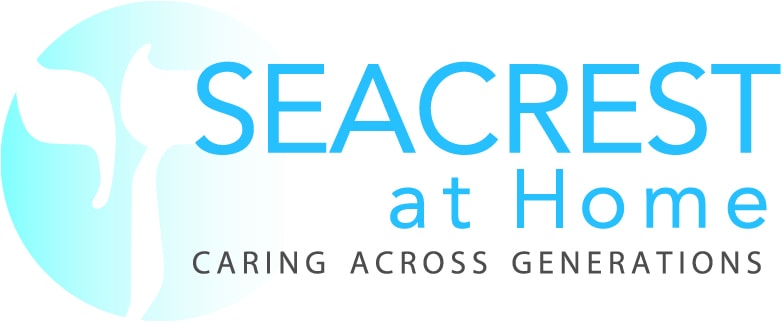As Caregivers, we provide care in a lot of ways—each specific to that client. But one of the most important, and one that all clients receive from Seacrest at Home, is vigilance. We watch out for our clients. We make sure their homes are safe and free of hazards, we ensure they take their medications, we get them where they need to go. We should also all be vigilant of their emotional condition.
Just like you in your own lives, your clients want to be assured that they are loved, are safe, and are valued by family and friends. We are all human and are fueled by many of the same satisfactions. This article is very informative in explaining the importance of a support system and how it leads to proven physical health benefits like a strong immune system. This article, goes further in discussing how every care plan for an aging adult should include emotional support and that that emotional care should deal directly with “vulnerability, loneliness, boredom, and isolation,” all things we know many seniors suffer from. Our care plans call for this under the umbrella of companionship, but it’s always nice to deliver service above and beyond our clients’ expectations. You are part of their human interaction. Make the best of it!
Remember, our older clients have lived a long life full of experiences both good and bad. Some of them are Holocaust survivors—a shrinking group of people who witnessed the worst aspects of humanity at industrial scale, something we (thankfully) don’t know anything about. Many of our clients have stories to tell and perspectives we can all learn from.
Providing Proactive Personal Care
We all know that a bath or shower can be one of the great joys of life and our clients feel no differently.
But as we age, our skin produces less oil and therefore, it is important to keep an eye out for this. Clients with dry or sensitive skin should be bathed less than those without. If you are unsure about what to look for, you may want to give this article a read. If your client’s care plan does not include bathing/showering, but you see that your client’s skin may be irritated, here’s an article you could read with them or print out for them to read later.
You also want to watch out for bony prominences (bony parts that stick out) like elbows, shoulder blades, tailbones, hops, knees, ankles, heels, and toes as they are at a higher risk of skin breakdown on all people. Women (and some heavier men) typically get irritation under the breast as well.
What is skin breakdown? It is skin that appears to be pale, white, or extremely red. Check out these two links (1 & 2) to learn about the many stages of skin breakdown and how (and when) you should let us know about it.
Here are a couple basic skincare procedures:
- provide daily skin care (clean and dry) even when not showering
- bedbound clients reposition every 2 hours
- change of clothes often
- circular stroke massages increase circulation avoid using pressure on bony areas (do not massage skin if it has begun to breakdown)
- during transfer, be aware of pulling or tearing sensitive skin
- pay attention to overweight clients as their skin may fold, allowing it to remain moist and prone to irritation
